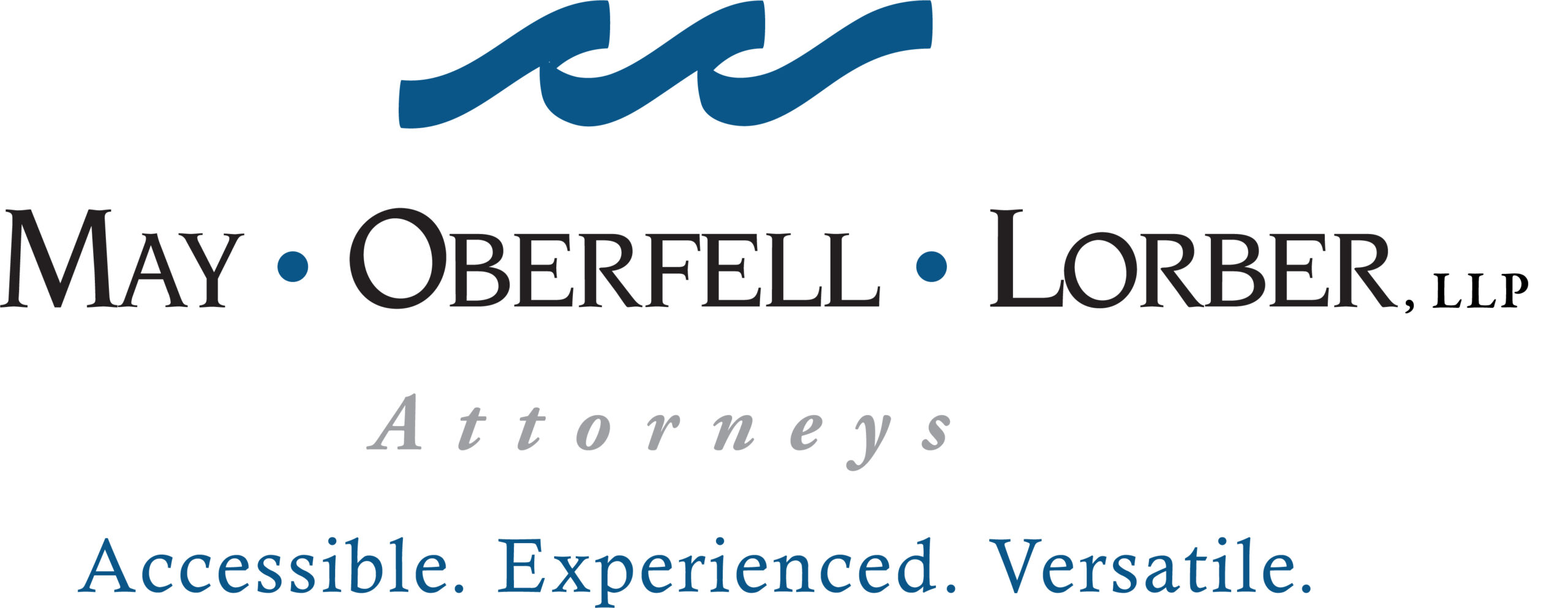Indiana’s Open Door Laws
Most meetings of the governing bodies of public agencies such as city councils, townships, counties, school boards or similar types of meetings must be open at all times so members of the public can observe and/or record the meetings. There are a few exceptions to this general rule:
1. “Executive Session” – may be closed to the public if it is held for specific statutory reasons. No final action or votes may be taken at any Executive Session, but rather, must be taken in a public meeting.
2. “Caucus” – defined as “a gathering of members of a political party or a coalition which is held for purposes of planning political strategy and holding discussions designed to prepare members for taking official action.” A caucus need not be open to the public and no notice is necessary because it is excluded from the definition of a “meeting.”
Public notice of the date, time, and place of any meetings or Executive Sessions must be given at least forty-eight (48) hours (excluding Saturdays, Sundays and legal holidays) prior to the same. For example, notice of a meeting scheduled for 5:00 p.m. on a Friday must be given no later than 5:00 p.m. on the preceding Wednesday. Notice of a meeting scheduled for 5:00 p.m. on a Monday, must be given no later than 5:00 p.m. on the preceding Thursday. Three-day weekends when the Monday is a holiday may affect the day on which notice must be given.
Public notice must be given by posting a physical copy of the notice at the principal office of the public agency holding the meeting or, if no such office exists, at the building where the meeting is to be held. Notice must be in a public area and not inside an office that may be locked when the building is otherwise open to the public. Notice may be posted on websites or through other electronic means as a courtesy to residents, but such posting does not satisfy the requirements of the Open Door Laws.
In the case of several meetings to be held consecutively, such as committee meetings, notice of the time, date and place for each individual meeting must be posted and the meeting should not begin until the posted time, even if the preceding meeting concludes early.
Although meetings are required only to be physically open to the public, many governmental organizations also provide the ability to attend and participate in a meeting “virtually” by logging into various platforms. Currently, virtual attendance and participation is a courtesy, not a requirement.
If you are unable to attend a meeting, the Open Door Laws require a memorandum, also known as “minutes,” to be kept. The memorandum must include:
· Date, time, place of the meeting;
· The members of the governing body recorded as either present or absent;
· The general substance of all matters proposed, discussed, or decided; and
· A record of all votes taken, by individual members, if there is a roll call vote
Further, the memorandum must be available within a reasonable time after the meeting for the purpose of informing the public of the proceedings.
This article is for information purposes only and is not intended to constitute legal advice.
